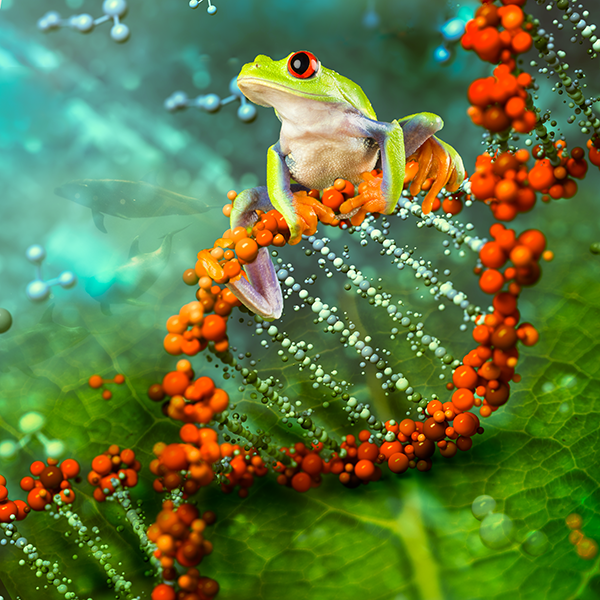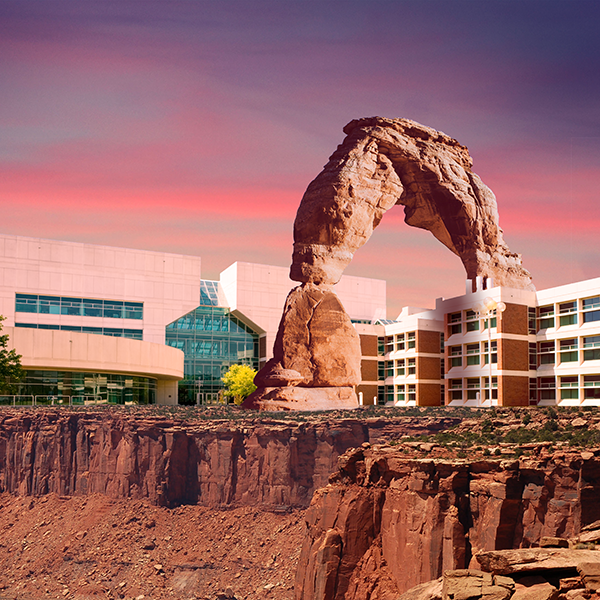About

American Studies
Graduates of American Studies typically work in businesses, communications and media, law, international relations, library sciences/museums or education.

Biochemistry
Graduates in biochemistry typically work in laboratories and offices, to conduct experiments and analyze the results. Those who work with dangerous organisms or toxic substances in the laboratory must follow safety procedures to avoid contamination.

Chemistry
Graduates of chemistry typically work in manufacturing, research development, testing laboratories, government agencies and waste management and remediation services. Some may work outdoors to collect samples and conduct onsite analysis of air, soil and water.

Computer Science
Graduates of computer science typically work in systems design and related services, finance and insurance, software publishing, manufacturing and engineering services. They typically work on large projects on teams and have options to perform remote or telecommute work.

English
Graduates of English typically pursue paths related to creative and technical writing, advertising, marketing, public relations, non-profit and education. There are also opportunities in film, television, radio, print media, business and government.

Geography
Graduates of geography typically work for government services, architectural, engineering and related services, utilities services, mining, quarrying and oil and gas extraction. Travel to different regions and countries is an option.

GIS
Graduates of GIS typically work in government agencies, architectural, engineering and related services, management, scientific and technical consulting services. There is extensive fieldwork to collect data and verify results.

History
Graduates of history typically pursue paths related to research, advocacy and legal, education, writing and editing and business. You can work for a variety of employers from foundations and educational settings to museums and corporations.

Microbiology
Graduates of microbiology typically work in research and development in the physical, engineering, and life sciences, pharmaceutical and medicine manufacturing, colleges, universities, and professional schools, government agencies and healthcare facilities.

Multimedia Journalism
Graduates of multimedia journalism typically pursue paths related to audiovisual and multimedia, magazines, public relations and business, radio/audio, television and video, newspapers and photography.

Philosophy
Graduates of philosophy typically pursue paths related to business, education, government, medicine, law, non-profit and radio/television/journalism.

Physiology
Graduates of physiology typically work in healthcare and medicine, research centers, government agencies, biotechnology and public policy. The workload can vary from conducting research, speaking and teaching others and analyzing data.

Political Science
Graduates of political science typically pursue paths related to government, law, business, finance, international affairs, non-profit, education, communications and journalism.

Sociology
Graduates of sociology typically pursue paths related to human services, demography, market research, criminal justice, social science research and community relations.

Statistics
Graduates of statistics typically work in government agencies, research and development in the physical, engineering, and life sciences, insurance carriers and related activities, healthcare and social assistance, colleges, universities and professional schools.

Theatre
Graduates of theatre typically pursue paths related to design, direction, performance, technology, film and television, instruction, theatre management and writing.

Art History, Graphic Design & Studio Art
Graduates of art typically pursue paths related to consulting, education, designing and directing/curating. Opportunities are available in design services, publishing, advertising and public relations as well.

Biology
Graduates of biology typically work in laboratories and offices, colleges and universities, Federal government, pharmaceutical and medicine manufacturing and hospitals. Some may do fieldwork, which would expose them to weather events and wildlife.

Communication Sciences and Disorders
Graduates of communication sciences and disorders typically work in educational services, healthcare and nursing and residential facilities. Those who work on a contract basis may need to travel between different facilities to provide services.

Economics
Graduates of economics typically work in Federal and state governments, scientific research and development services, management, finance and insurance. They will spend much of their time using computers to analyze data, review research or write findings.

Foreign Language
Graduates of Foreign Languages typically pursue paths related to business, education, engineering, government, human sciences, law, media and communication, translation/interpretation and more.

Geology
Graduates of geology work in architectural, engineering and related services, mining, quarrying, and oil and gas extraction, government agencies, colleges, universities and professional schools. Most individuals split their time between field, laboratory and office settings.

Global Studies
Graduates of global studies typically pursue paths related to international development, foreign policy, human services, education, communications, sustainability, global tourism, government agencies, nonprofit and missionary activities.

Mathematics
Graduates of mathematics typically work in government agencies, research and development in the physical, engineering and life sciences, colleges, universities, professional schools, finance, insurance, management, or scientific and technical consulting services.

Multidisciplinary Studies
Graduates of Multidisciplinary Studies typically pursue paths related to their concentration areas. To know more, view the specific major’s page.

Music
Graduates of music typically pursue paths related to conducting, teaching (primary/secondary, college/university, private instruction), commercial/advertising, production, business or film/tv/radio.

Physics
Graduates of physics typically work in colleges, universities, professional schools, government agencies, scientific research and development services or healthcare facilities. Aside from laboratory research, you can expect to spend much of your time in offices planning, analyzing, fundraising and reporting on research.

Plant Biology
Graduates of plant biology typically work for colleges, universities, professional schools, management/scientific/technical consulting services, scientific research and development services, merchant wholesalers and nondurable goods or government agencies. Typical work duties include collecting samples in the field, analyzing data and developing research reports.

Psychology
Graduates of psychology typically pursue careers with the following types of employers: community programs, correctional facilities, colleges/universities, business corporations, government agencies, hospitals, juvenile detention facilities, law enforcement, law firms, mental health agencies and non-profit organizations.

Sports Media
Graduates of sports media typically pursue paths related to sports journalism, sports media production, sports strategic communications and sports management.

Strategic Communications
Graduates of strategic communications typically pursue careers with advertising agencies, public relations and marketing firms, publishing companies, broadcasting and production companies, event planning companies, media organizations, professional organizations, businesses, government organizations or non-profit organizations.

Zoology
Graduates of zoology typically work for government agencies, management/scientific/technical consulting services, colleges, universities, professional schools, or research and development industries. You can expect to work in offices, laboratories and outdoors.
